Workload-optimized 97X4 and 9004 EPYC processors showcased by AMD
New CPUs “push the boundaries” of what is possible in the data center performance, chip giant says
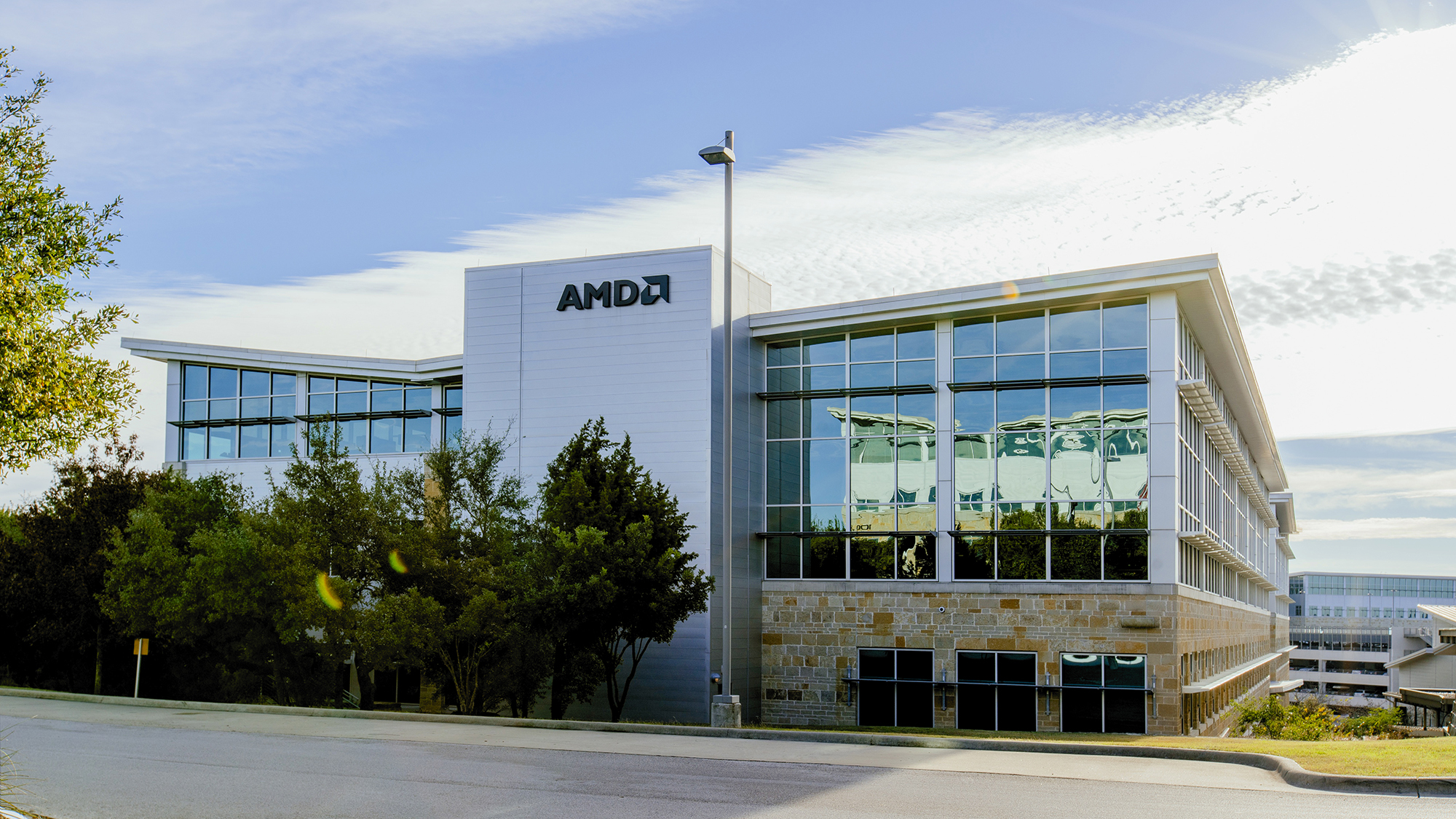
AMD has unveiled two new workload-optimized processors for its 4th Gen EPYC CPU portfolio – the AMD EPYC 97X4 and the EPYC 9004.
The new series aims to deliver the thread density and scale needed for industry-leading cloud-native computing by leveraging the new Zen 4c core architecture.
“In an era of workload-optimized compute, our new CPUs is (sic) pushing the boundaries of what is possible in the data center, delivering new levels of performance, efficiency, and scalability,” said Forrest Norrod, executive vice president and general manager of the data center solutions business group at AMD.
“We closely align our product roadmap to our customers’ unique environments and each offering in the 4th Gen AMD EPYC family of processors is tailored to deliver compelling and leadership performance in general purpose, cloud-native or technical computing workloads,” Norrod added.
Cloud-native computing
The AMD EPYC 97X4 processors have up to 128 cores and, according to AMD, deliver up to 3.7x throughput performance for cloud-native workloads, compared to Ampere. Cloud-native allows applications to be optimized for cloud architecture out of the gate, allowing them to be deployed and updated rapidly and is fast becoming the de facto application development strategy for businesses.
RELATED RESOURCE
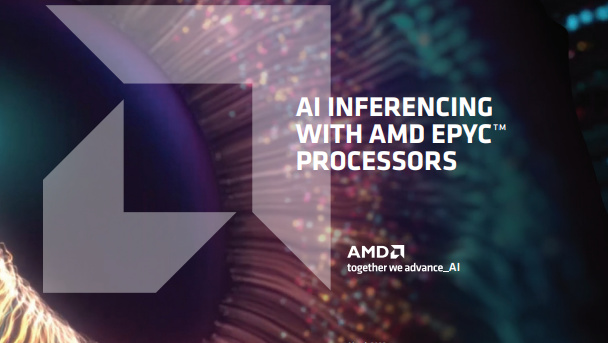
AI inferencing with AMD EPYC™ processors
Providing an excellent platform for CPU-based AI inferencing
AMD stated that its 4th Gen EPYC processors offer greater energy efficiency and support for up to three times more containers per server to help scale cloud-native applications. With its extensive x86 software compatibility, high core count, and state-of-the-art security, the 97x4 chip offers the highest thread density around and a full ecosystem of services to support rapid and seamless deployment.
Major organizations like Meta are already making use of these types of processors; Alexis Björlin, Meta’s VP of infrastructure, joined AMD’s chair and CEO Lisa Su on stage for the launch of the new CPUs and noted that the 4th Gen EPYC 97X4 processors had significantly increased performance across platforms like Instagram and WhatsApp.
Get the ITPro daily newsletter
Sign up today and you will receive a free copy of our Future Focus 2025 report - the leading guidance on AI, cybersecurity and other IT challenges as per 700+ senior executives
“Meta and AMD have been collaborating on EPYC designs since 2019,” Alexis Bjorlin, Meta’s VP of infrastructure said on stage at the AMD Data Center & AI Technology Premiere. “We’ve worked closely to customize AMD’s EPYC architecture to meet Meta’s power efficiency and compute density requirements.”
In addition to the 97X4, AMD also announced the 4th Gen AMD EPYC processors with AMD 3D V-Cache technology, which the company said are ideally suited for highly demanding technical computing workloads.
AMD 3D V-Cache technology extends the AMD EPYC 9004 series, enabling it to deliver the ‘world’s best x86 CPU for technical computing workloads’, according to AMD. These include computational fluid dynamics, electronic design automation, and structural analysis.
The 4th Gen with AMD 3D V-Cache has up to 96 Zen 4 cores and 1GB+ of L3 cache. This offers significant speeds for product development – it can even double the design jobs per day in Ansys CFX, according to AMD.
These latest instances deliver performance gains of up to 5 times that of previous generation HBv3 (Azure virtual machines), making them perfectly optimized for the most demanding HPC applications. Microsoft has announced the general availability of Azure HBv4 and HX instances powered by 4th Gen AMD EPYC processors with AMD 3D V-Cache.
ITPro is a global business technology website providing the latest news, analysis, and business insight for IT decision-makers. Whether it's cyber security, cloud computing, IT infrastructure, or business strategy, we aim to equip leaders with the data they need to make informed IT investments.
For regular updates delivered to your inbox and social feeds, be sure to sign up to our daily newsletter and follow on us LinkedIn and Twitter.
-
 Bigger salaries, more burnout: Is the CISO role in crisis?
Bigger salaries, more burnout: Is the CISO role in crisis?In-depth CISOs are more stressed than ever before – but why is this and what can be done?
By Kate O'Flaherty Published
-
 Cheap cyber crime kits can be bought on the dark web for less than $25
Cheap cyber crime kits can be bought on the dark web for less than $25News Research from NordVPN shows phishing kits are now widely available on the dark web and via messaging apps like Telegram, and are often selling for less than $25.
By Emma Woollacott Published
-
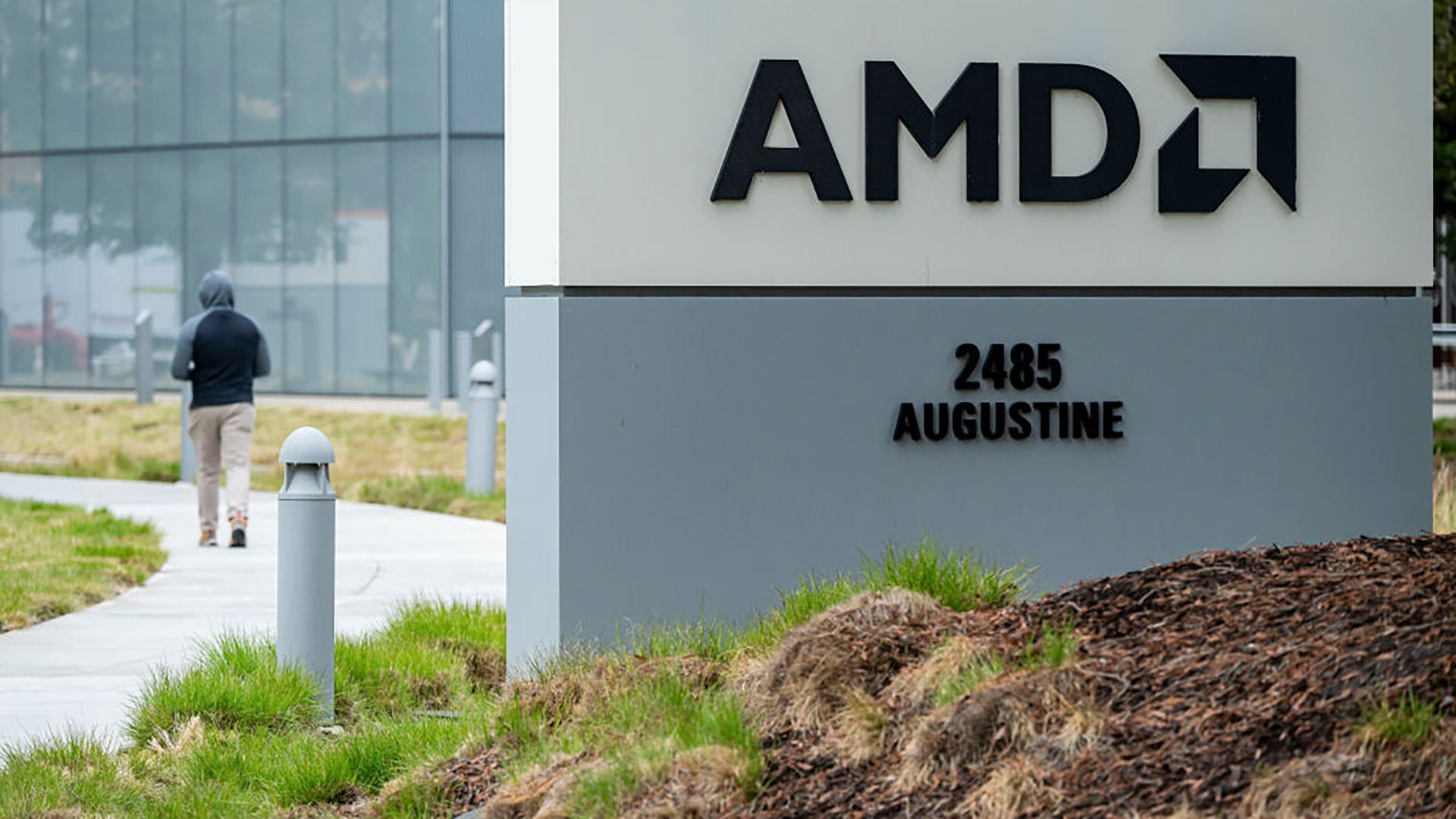 AMD names new VAR and SI commercial sales chief for EMEA
AMD names new VAR and SI commercial sales chief for EMEANews James Blackman is tasked with building a robust channel community in the region
By Daniel Todd Published
-
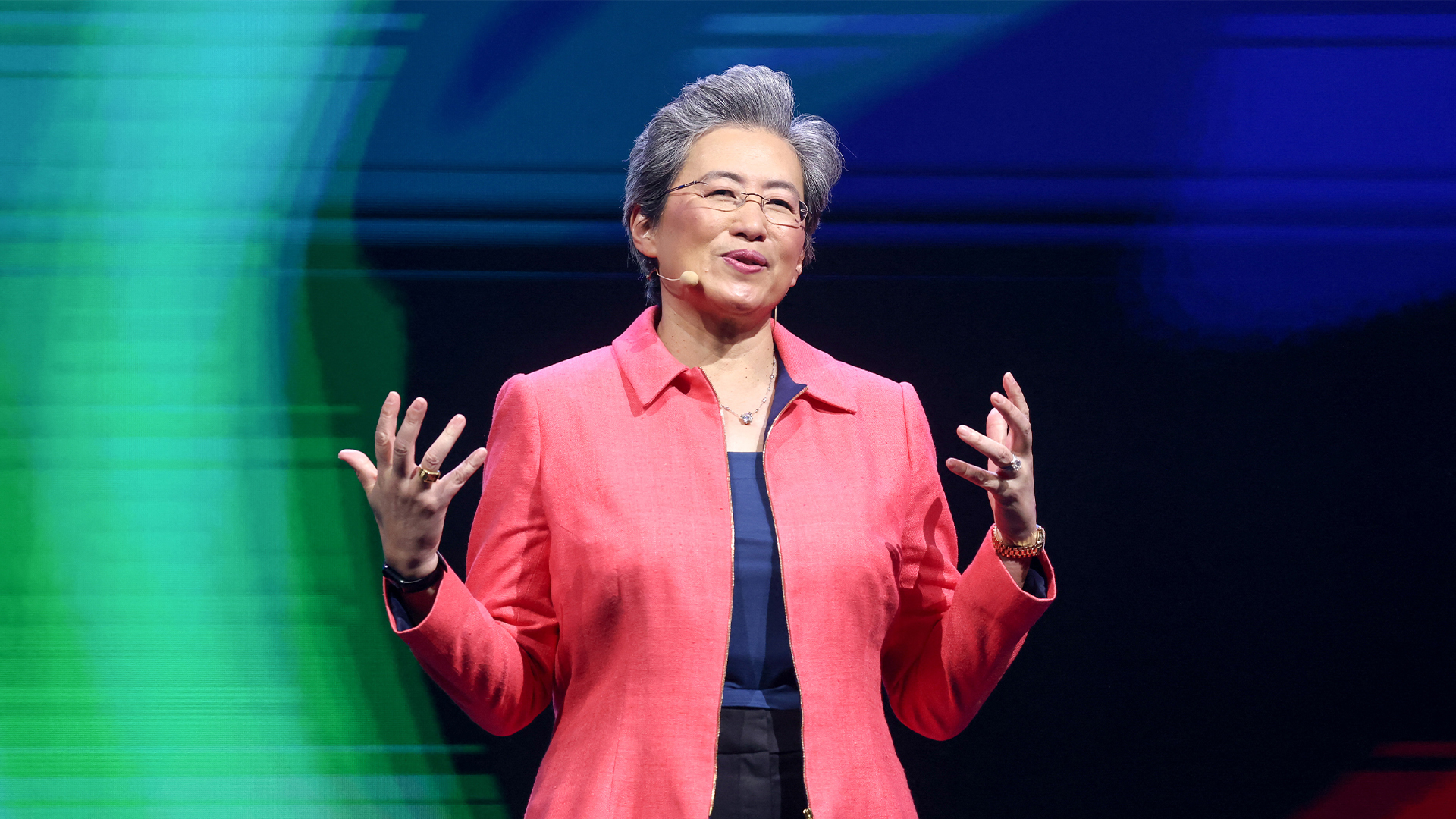 AMD to cut around 1,000 staff to focus on "growth opportunities"
AMD to cut around 1,000 staff to focus on "growth opportunities"News The AMD layoffs come after rival Intel cut staff on the back of flagging AI returns
By George Fitzmaurice Published
-
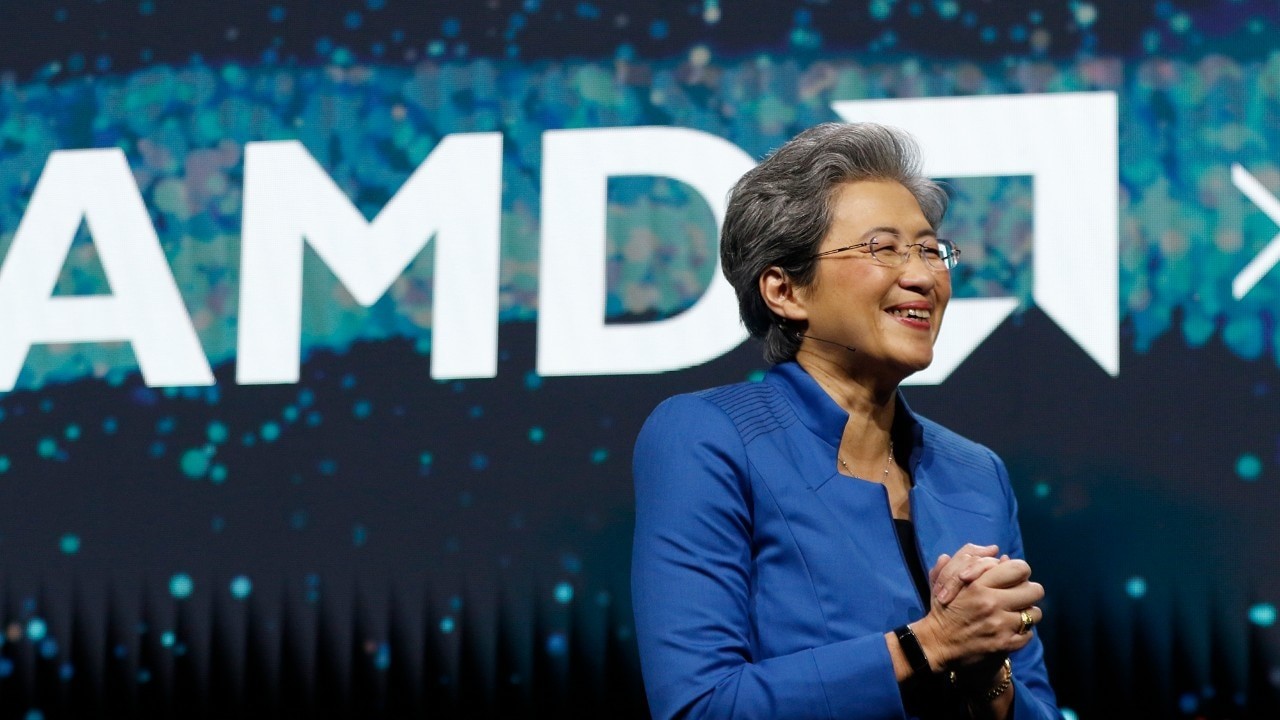 Everything you need to know about AMD
Everything you need to know about AMDIn-depth A quick guide to AMD, one of the world's leading semiconductor companies and a longstanding competitor to Intel and Nvidia
By Rene Millman Last updated
-
 Optiver partners with AMD to turbo charge data center modernization efforts
Optiver partners with AMD to turbo charge data center modernization effortsSupported Content AMD will support the market trading firm as it looks to deliver performance improvements and meet future data needs
By ITPro Published
-
 AMD bags IEEE’s 2024 Corporate Innovation Award for pioneering chiplet design research
AMD bags IEEE’s 2024 Corporate Innovation Award for pioneering chiplet design researchSupported Content This marks the second time AMD has received this award, having previously been recognized for its research into the evolution of x86 microprocessors
By ITPro Published
-
 IT in manufacturing isn’t just about the production line
IT in manufacturing isn’t just about the production lineSupported Content From conception to execution, IT is used in manufacturing to boost efficiency, reduce costs, and produce optimal results
By ITPro Published
-
 How new, longer-life chips can help stretch your budget
How new, longer-life chips can help stretch your budgetSupported content When the inevitable upgrade arrives, you need future-proof silicon inside your data center hardware
By ITPro Published
-
 Minimising digital risk with cyber resilience
Minimising digital risk with cyber resilienceWhitepaper Building an intrinsically secure enterprise architecture
By ITPro Published
